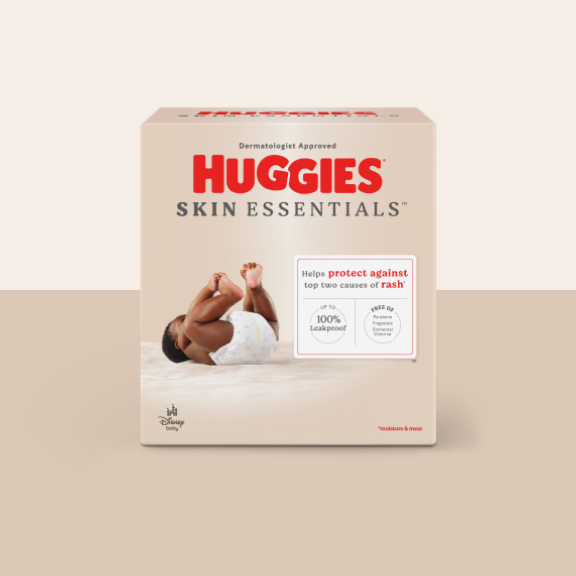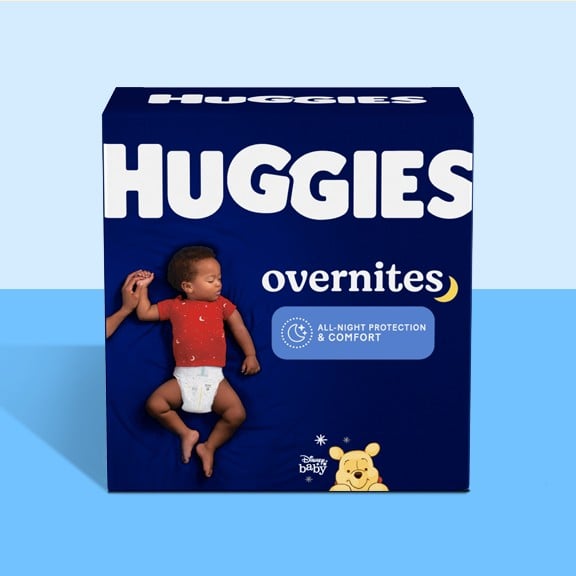Feeding
If you are bottle feeding, make sure to carefully follow the manufacturer’s instructions on how to mix and prepare the formula. The general amount needed for this age is 2½ ounces of formula per pound of body weight per day after the first few days of life.
This would mean an 8 pound baby would take about 20 ounces a day, about 1 to 2 ounces of formula every 2 to 4 hours. If your baby finishes this amount and still acts hungry, then give them more. As your baby takes in more milk at a time, the time between feedings may also grow longer.
Sleeping
It is common for one week old babies to fall asleep when they are feeding. Feeding takes a lot of energy. When your baby is sleeping, they are conserving energy and releasing growth hormones. Much of your baby’s sleep at this age will be spent in REM (rapid eye movement) sleep, which is vitally important for their early brain development and growth.
Behavior
When your baby is awake and alert, place your baby on their stomach for tummy-time. It is important that babies always sleep on their back, but it is also important for them to have time on their tummies. This is to prevent flat spots on their head, and to help develop the muscles in their shoulders and backs. This is best if started soon after birth. Just make sure to roll them over when they fall asleep and place them in their safe bassinet or crib.
Try not to form an opinion of your baby’s personality or temperament at this very early stage. Most newborns are more passive and calmer if they are fed when they want to be. If they feel generally comfortable and have lots of cuddles, they will be mostly quiet and content.
Diapers
Your baby’s bowel movements will give you an idea of the amount of milk they are taking in and if it is adequate. It is important that they have at least 6 heavy, wet diapers every 24 hours by the end of the first week. Breastfed babies may poop more frequently than formula fed babies.
You will need to change your baby’s diaper every time they poop. You will be able to feel by the weight and texture of your baby’s diaper if they have urinated. Wash their skin with plain, warm water on a washcloth, or with a hypoallergenic baby wipe. It is unlikely you will need diaper rash cream at this age.
Umbilical cord care
Bathing a newborn
Your baby does not need a bath every day. Three days a week or every other day will be enough if the diaper area is cleansed at each diaper change.
A newborn can be given a sponge or a tub bath. A sink or small plastic tub is ideal for this age. If you are nervous, ask someone to help you. Make sure you have everything you need within reach before you start. Pick a time when you and the baby are calm. Place a towel on the bottom of the tub. Fill the tub with enough water to cover the baby. Aim for the bath to take about 5 to 10 minutes to keep the baby from getting too cold.
Bath time is a special, interactive time but it may take a few weeks before you feel completely comfortable.
The baby blues
Your hormones will be stabilizing after the pregnancy, and it will take few weeks before you feel back to normal. You might find yourself sad or feeling the “baby blues,” which is normal. Looking at your baby, listening to their cry, feeding, and cuddling them may bring up powerful, strong emotions. The baby blues typically lasts around 2 weeks. Some women may continue to feel sad or anxious and may need extra support or help. Reach out to those that love you and share with them how you are feeling, or seek professional help.
Your physical recovery
Emotions during the first week
This is a week where you will need to find some space and time to learn all you can about your new little one. This can be difficult, especially if you’ve had many visitors. It is also important to think about the changes to your own sense of who you are as a new mother and adjustments in your relationship with your partner. Your relationship with your parents, your family, and extended family will also be transformed.
Emotions for partners
The information of this article has been reviewed by nursing experts of the Association of Women’s Health, Obstetric, & Neonatal Nurses (AWHONN). The content should not substitute medical advice from your personal healthcare provider. Please consult your healthcare provider for recommendations/diagnosis or treatment. For more advice from AWHONN nurses, visit Healthy Mom&Baby at health4mom.org.










